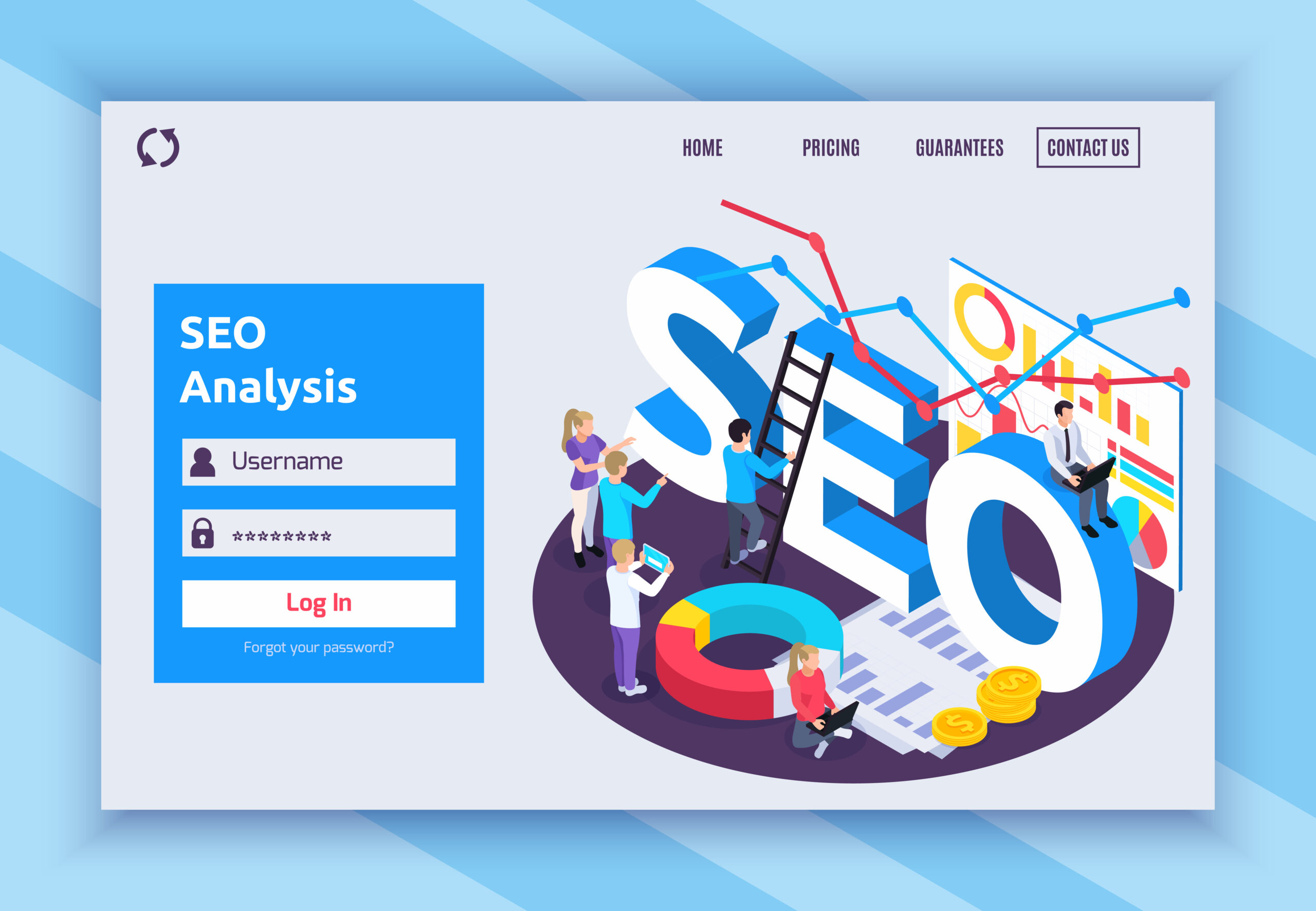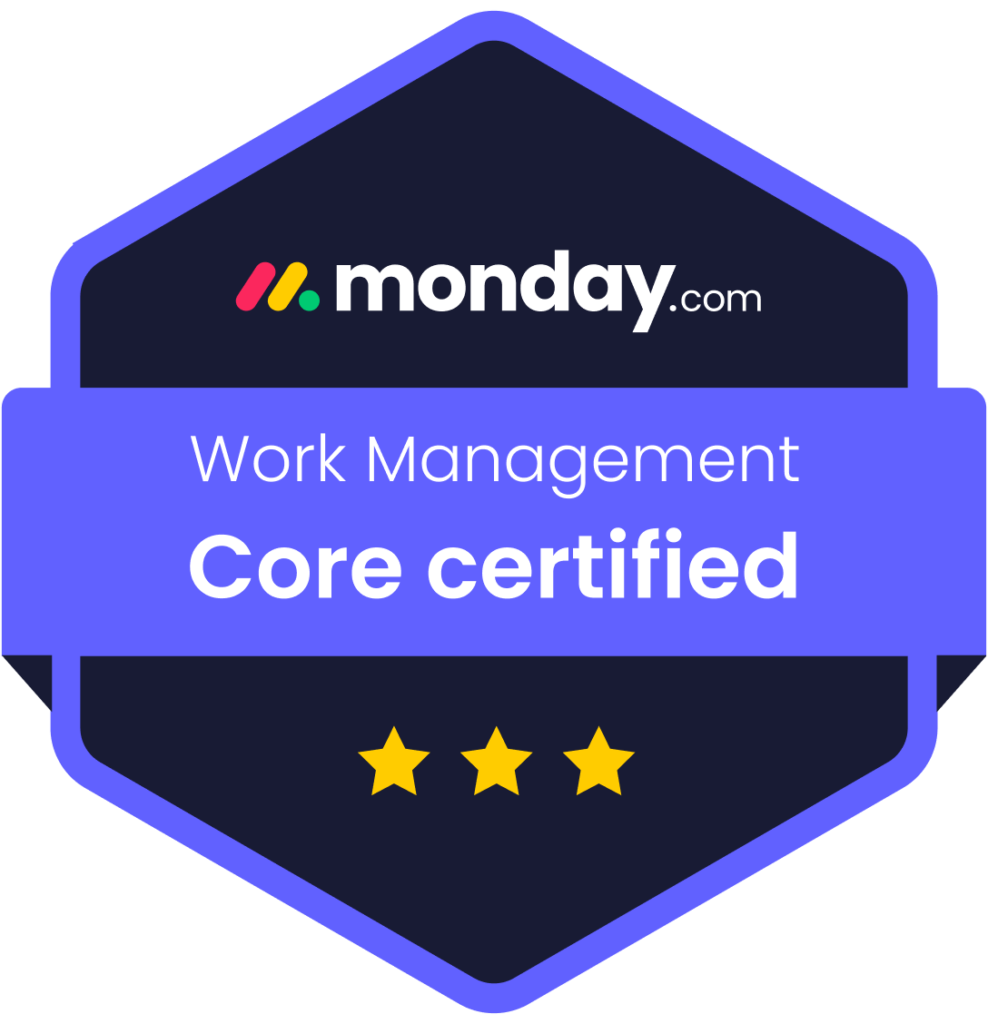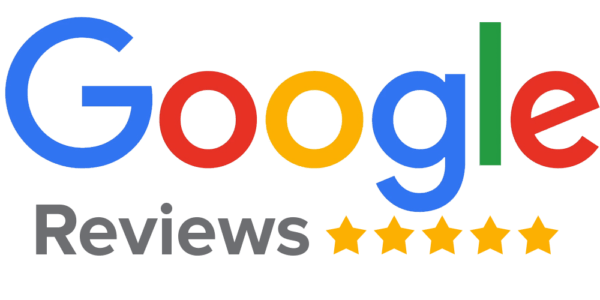Search engine optimization (SEO) is a fundamental pillar of digital marketing. However, when businesses set out to improve their online presence, they often face a common question: should you invest in organic SEO or inorganic SEO? The answer depends on your goals, budget, and how soon you want results. But if you’re playing the long game, it’s essential to understand which approach delivers sustainable growth.
This article dives deep into the differences between organic vs inorganic SEO, evaluating which strategy offers better long-term results, and how to align your efforts with your business goals.
Understanding Organic SEO
Organic SEO refers to the process of optimizing your website and its content to rank higher in search engine results without paying for placements. It’s centered around content quality, keyword relevance, backlinks, site structure, and user experience.
Key Elements of Organic SEO
- Content Optimization
Crafting high-quality, valuable content tailored to what your audience is searching for is the foundation of organic SEO. This includes blog posts, landing pages, FAQs, and product descriptions. - Keyword Targeting
Researching and integrating keywords that align with user intent helps your pages rank for relevant searches. - On-Page SEO
Optimizing title tags, meta descriptions, headers, internal linking, and image alt texts for clarity and keyword relevance. - Technical SEO
Ensuring your site loads quickly, has a mobile-friendly design, is crawlable by search engines, and has a clean site architecture. - Link Building
Acquiring backlinks from reputable websites boosts your domain authority and search rankings.
Benefits of Organic SEO
- Cost-effective over time
Unlike paid strategies, organic SEO doesn’t require continuous spending once the foundation is set. - Builds trust and authority
Appearing in organic search results enhances credibility, as users trust unpaid results more than ads. - Sustainable growth
Organic efforts compound over time. A well-ranked blog post can continue to bring in traffic for years. - Higher click-through rates (CTR)
Users often skip over paid ads and click on organic results, especially when looking for trustworthy information.
Understanding Inorganic SEO
Inorganic SEO, often referred to as paid search or PPC (Pay-Per-Click), is a strategy that involves paying for visibility in search engine results pages (SERPs). Platforms like Google Ads allow you to place your website at the top of the results for targeted keywords—instantly.
Key Components of Inorganic SEO
- Paid Search Campaigns
Running ad campaigns targeting specific keywords where you pay per click or impression. - Display Ads
Banners or video ads placed across websites, apps, or YouTube. - Social Media Advertising
Promoting your website through paid posts and promotions on platforms like Facebook, Instagram, LinkedIn, or TikTok. - Remarketing
Targeting users who previously visited your site but didn’t convert, through strategic ad placements.
Benefits of Inorganic SEO
- Immediate results
Unlike organic SEO, which takes time, inorganic SEO can generate traffic the moment your campaign goes live. - Precise targeting
You can narrow down your audience by location, device, age, interests, and behavior. - Easily measurable
Every dollar spent can be tracked in terms of impressions, clicks, conversions, and ROI. - Control over budget and visibility
You can increase or decrease your budget and instantly see changes in traffic.
Organic vs Inorganic SEO: Which Is Better for Long-Term Results?
While both organic and inorganic SEO have their merits, let’s compare them through a long-term lens.
1. Cost Over Time
- Organic SEO: High upfront investment in content, technical setup, and strategy. But once in place, maintenance costs are low and ROI increases over time.
- Inorganic SEO: Ongoing cost per click or impression. If you stop paying, your visibility disappears.
Winner: Organic SEO
2. Credibility and Trust
- Organic SEO: Appearing organically in search results builds trust with users.
- Inorganic SEO: Many users skip ads or use ad blockers.
Winner: Organic SEO
3. Longevity of Results
- Organic SEO: Long-lasting results that continue to perform for months or years with proper updates.
- Inorganic SEO: Results stop when ad spend stops.
Winner: Organic SEO
4. Speed of Implementation
- Organic SEO: Takes time—usually 3–6 months to see significant results.
- Inorganic SEO: Instant results, ideal for product launches or promotions.
Winner: Inorganic SEO (for speed only)
5. Scalability
- Organic SEO: Can be scaled with consistent content and technical improvements.
- Inorganic SEO: Scalable only with increased budget and ad spend.
Winner: Organic SEO (more sustainable scalability)
Combining Organic and Inorganic SEO Strategies
While organic SEO offers the best long-term results, combining both approaches often yields the best overall performance. Here’s how you can strategically use both:
Use Inorganic SEO to:
- Launch a new product or service
- Test keyword performance quickly
- Target time-sensitive events or promotions
Use Organic SEO to:
- Build long-term search presence
- Attract consistent traffic
- Educate your audience through content
- Position your brand as a trusted leader
Choosing the Right SEO Strategy for Your Business
Your choice between organic and inorganic SEO depends on several factors:
- Budget: If you’re looking for quick wins and have the budget, inorganic SEO might help short-term. For cost-effective scaling, organic SEO is ideal.
- Timeline: If your business requires immediate traffic, use inorganic. But don’t neglect organic SEO as a foundational growth strategy.
- Goals: For branding, visibility, and sustainable leads, focus on organic. Use inorganic to accelerate traffic while your organic strategies mature.
Building a Long-Term SEO Plan with Skyfield Digital
At Skyfield Digital, we understand that the best SEO strategy is rarely one-size-fits-all. Our team helps businesses align SEO techniques with their unique goals—whether it’s climbing to the top of Google’s search results or generating ROI from day one through paid ads.
Our tailored SEO services focus on content marketing, technical audits, mobile optimization, and keyword targeting to help you own your niche. And if you need that extra push with inorganic SEO campaigns, we manage targeted ad strategies that convert.
Let us help you build an SEO foundation that scales. Call us at (203) 226-8795 or fill out our contact form to start your journey toward better visibility and long-term growth.













